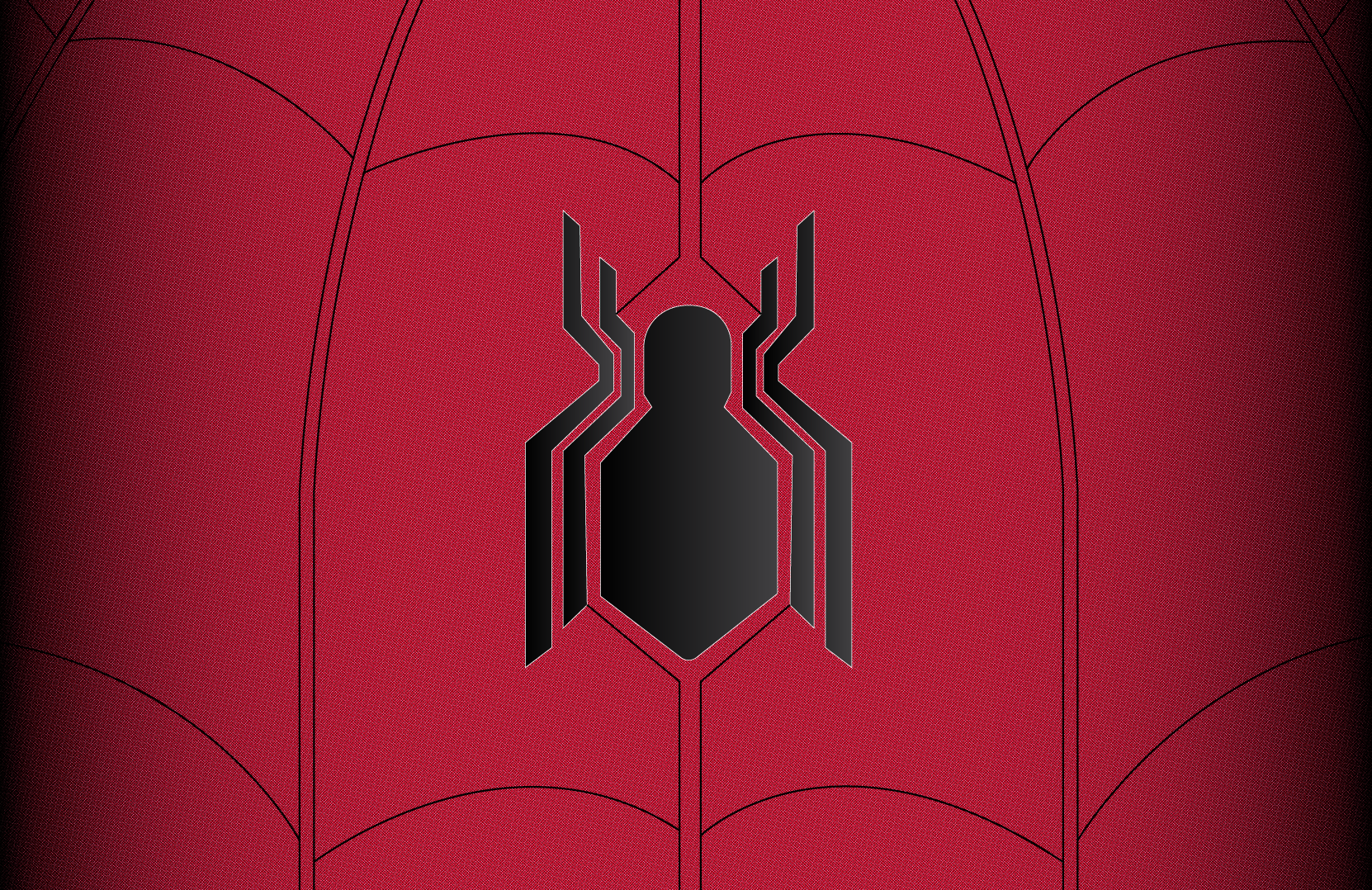Warning: this review contains mild spoilers for Spider-Man: No Way Home based only on trailers and promotional materials, as well as spoilers for earlier films in the series.
Spider-Man: No Way Home is a challenging movie to nail. As the first live-action multiverse Spider-Man film to encompass nearly 19 years of Spider-Man movies, it’s hard not to see the film as doing too much. Not only does No Way Home have to focus on the world-building of the Marvel Cinematic Universe (MCU) and Tom Holland’s Peter Parker, but the film also must carry the weight of Sony’s established Spider-Man films (i.e. Sam Raimi’s Spider-Man trilogy [2002-2007], Marc Webb’s Amazing Spider-Man movies [2012-2014], and the newly established Venom-based Spider-Man universe [Venom, Morbius]). Even after 2018’s best and arguably perfect Spider-Man multiverse film, Spider-Man: Into the Spider-Verse, No Way Home is a tall order.
Though No Way Home may not be as consistent or nuanced as Spider-Verse, No Way Home still delivers as a solid Spider-Man movie and one of the stronger MCU movies to date. No Way Home manages to handle its multiverse issue in a tangible way that never feels too over-encumbered. Though the film’s plot is nonsensical at times and there are a few missed character-based opportunities, No Way Home uses its nostalgia, action, and fan-service moments in intelligent ways to give emotional weight, responsibility, and maturity to Holland’s Peter Parker. By the end of watching the near 150 minutes of No Way Home (No Way Home is the longest Spider-Man movie to date), I felt the film less of an MCU cookie-cutter nostalgic theme park ride (though there are still those moments) but rather one that provides actual consequences to not only the Peter Parker and MCU but also Sony’s established universe.
After Spider-Man’s identity is revealed at the end of 2019’s excellent Spider-Man: Far From Home, Peter, MJ (Zendaya), and Ned Leeds (Jacob Batalon) try to adapt to a new life of exposure. When Peter asks Doctor Strange (Benedict Cumberbatch) for help, a botched spell brings numerous Spider-Man entities from other universes into the picture. With the help of his friends, Peter suits up once again as Spider-Man to save the world from destruction.
After the identity bomb that was dropped at the end of Far From Home, it could have been easy for No Way Home to take the conventional way out with its multiverse story. It would have been natural to use the multiverse to retcon the events of Far From Home, leaving the MCU safe and sound and Peter’s anonymity back without any repercussions or worldly consequence. However, No Way Home does a great job in following the building blocks set out by Far From Home in continuing to go down the path of consequence and grow Peter as a character. From alien invasions to half of existence being wiped out, to the death of Iron Man and Spider-Man’s identity being revealed, Peter has been through a lot of trauma, torment, and emotions over the past few films. Though Peter has grown in each of these films, he is still a young adult trying to navigate the world both as a normal kid and as a superhero — a hero that is emotionally exhausted, still maturing, influenceable, and trying to do good as best he can.
This latter trait is important as it establishes the basis for No Way Home and gives the film nuance and depth to its story. Spider-Man has always represented pure good, even in the smallest of worlds. Whether it’s a multi-dimensional threat from Thanos or a city wide threat to New York by Green Goblin, Spider-Man has always looked out for the little guy. In this case, the dilemma of good that arises in No Way Home is an interesting yet risky story to base the film around. Though the idea can seem childish, small-picture, and immature (especially considering a threat like Thanos has already been taken care of), it fits No Way Home well, considering the film’s ambitious nature. It reminds audiences that Peter is just a kid from New York, and as such, he will always reaffirm that “with great power comes great responsibility.”
In a film with numerous heroes (i.e. Spider-Man and Doctor Strange), it makes sense for each character to approach the film’s conflict in different ways. Though Peter has a different way of dealing with the threat than Doctor Strange, both solutions are inherently right — highlighting a stratification of the notion of goodness. This concept is nailed through Holland’s performance as No Way Home is by far Holland’s best work as he masterfully displays the emotional breadth and trauma of Peter. By the end of No Way Home, I felt Peter was finally making Spider-Man-esque decisions, which not only finally established him as an adult but also as a fully developed mature Spider-Man that we have seen in previous Spider-Man works.
The most interesting aspect of No Way Home is how the film balances its multiverse storyline. No Way Home is by no doubt the ultimate fan service movie. From rewarding cameos (considering you haven’t been spoiled already) to nostalgia-ridden lines, the film is a Spider-Man fan’s bread and butter. Of obvious note is that No Way Home has a lot of villains. From Willem Dafoe’s excellent return to Green Goblin to Jamie Foxx’s Electro, there is an ungodly amount of threats this time around. Though having too many villains has plagued films like 2007’s Spider-Man 3, No Way Home does away with this problem since these villains’ stories have already been established in previous films. Though it might be ridiculous to think that you have to watch several previous Spider-Man movies to understand each villain’s motivation, it actually helps No Way Home not have to start at square one.
Since these villains have already had a movie dedicated to them, the film never feels like it is biting off more than it can chew as old ground doesn’t need to be retread. Therefore, the film can set its locus on Peter’s characterization and growth and use these different villains to help aid in Peter’s development. By narrowing the film’s focus to Peter rather than the multiverse, the film never strays too far from its established bounds. Though there are some obvious character-based missteps, I felt the stakes for Peter this time around felt earned and consequential to the point that will forever change Spider-Man moving forward.
No Way Home provides a satisfying Spider-Man film that will forever change the MCU and Spider-Man films moving forward. By intelligently using the film’s heavy nostalgia to provide growth and characterization to Peter, No Way Home continues to build on the themes and consequences left by Far From Home without feeling over-encumbered. With a killer performance by Holland, Peter’s transformation into a fully mature Spider-Man finally feels complete by the end of No Way Home. Though No Way Home may not hit multiverse highs like Into the Spider-Verse, it still delivers as a great Spider-Man movie and easily one of the best MCU movies to date.
★★★★☆
Graphics: Nawaal Basha





0 Comments